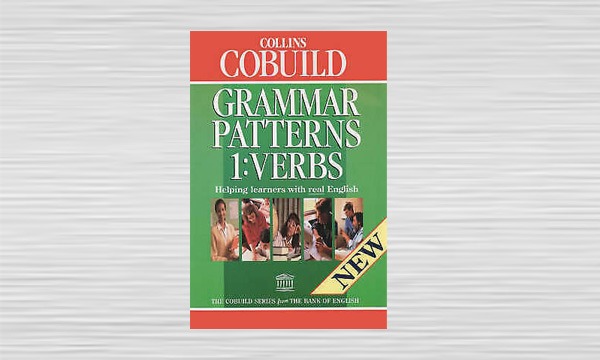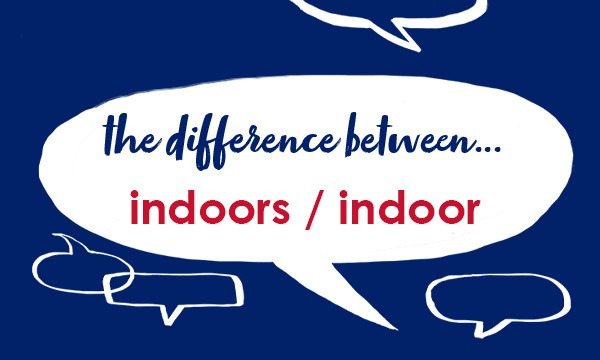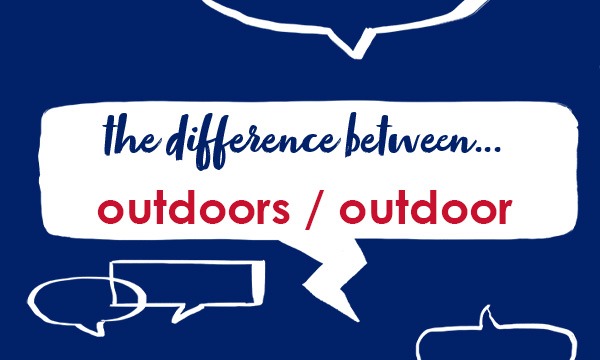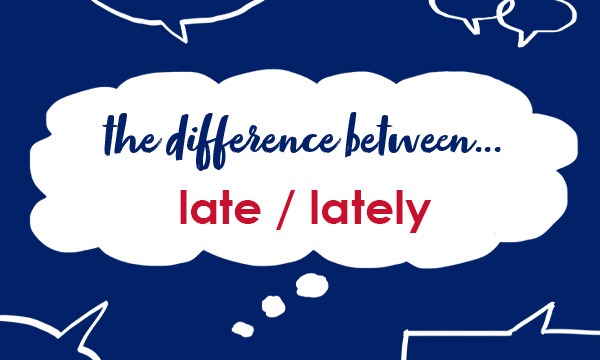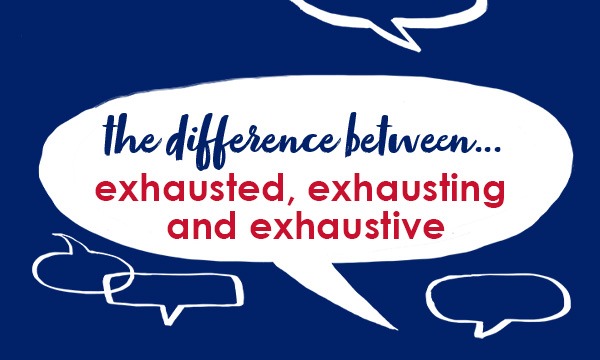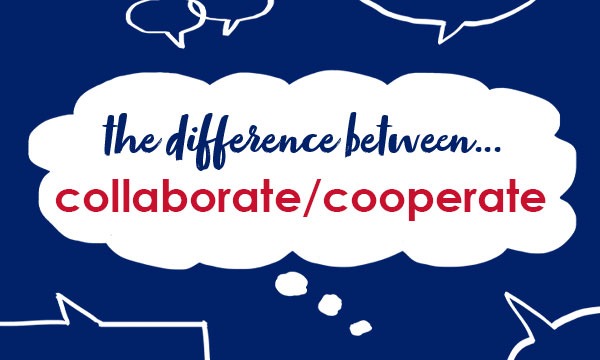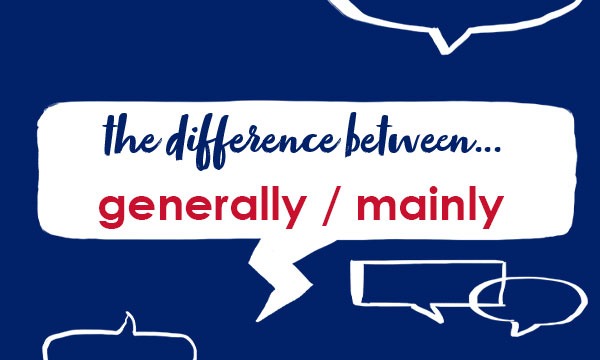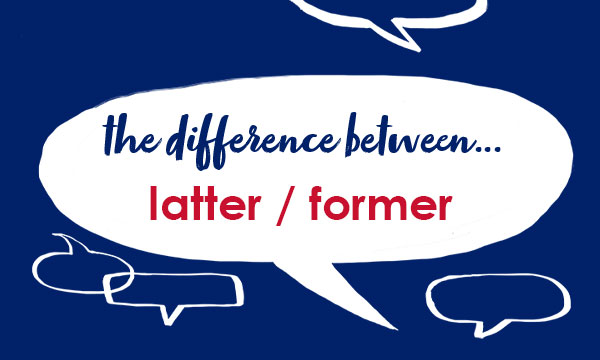
The lazy, hazy days of summer
During August – which in some luckier parts of Britain is finally producing seasonable weather – two ‘days’ encourage us to switch off, dial down and generally ease off on normal activities. National Lazy Day falls on 10 August, followed cold on… Read More
